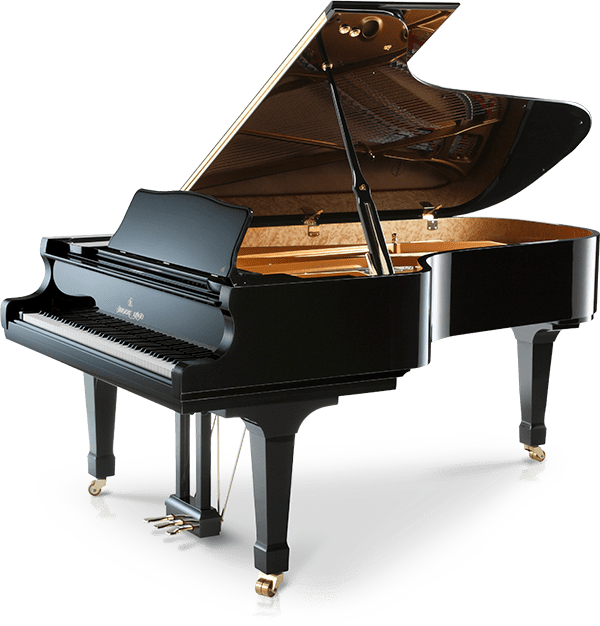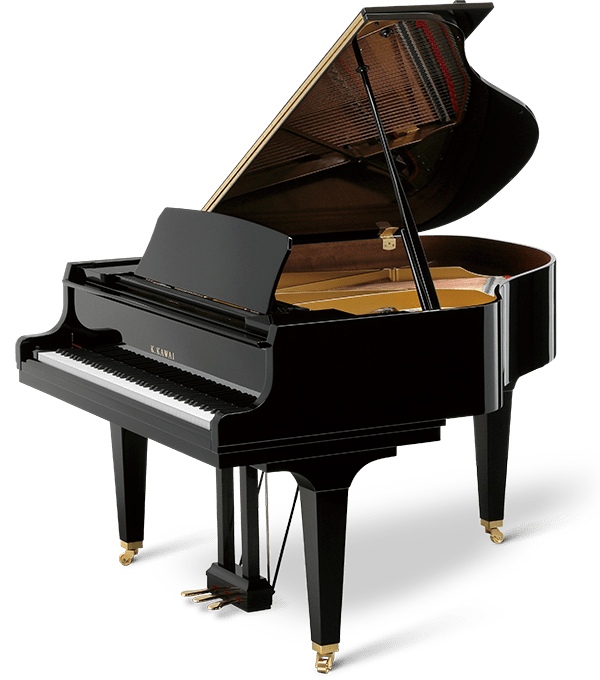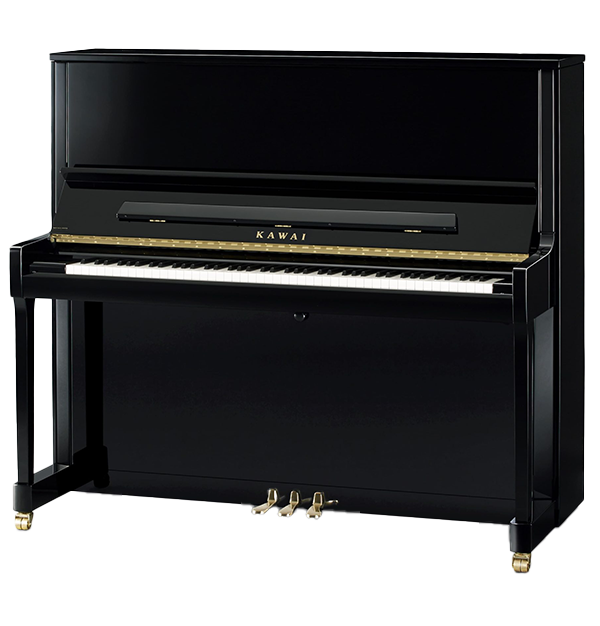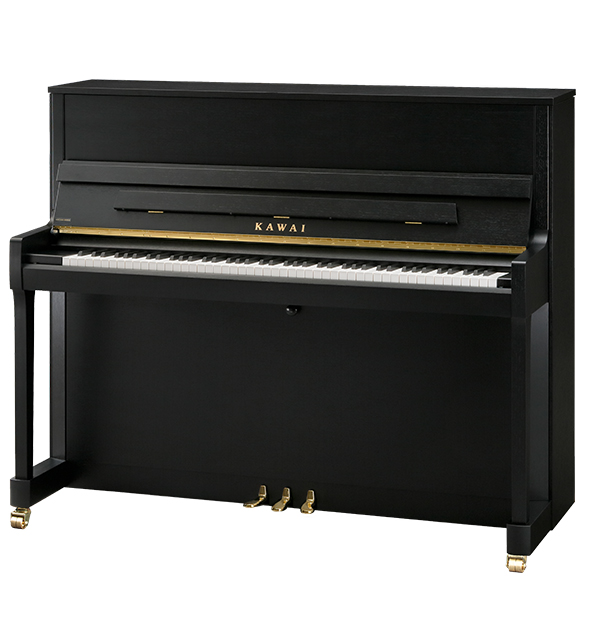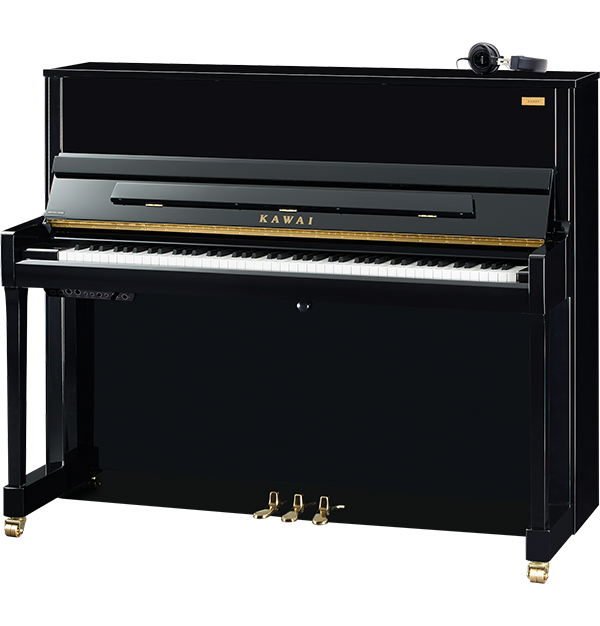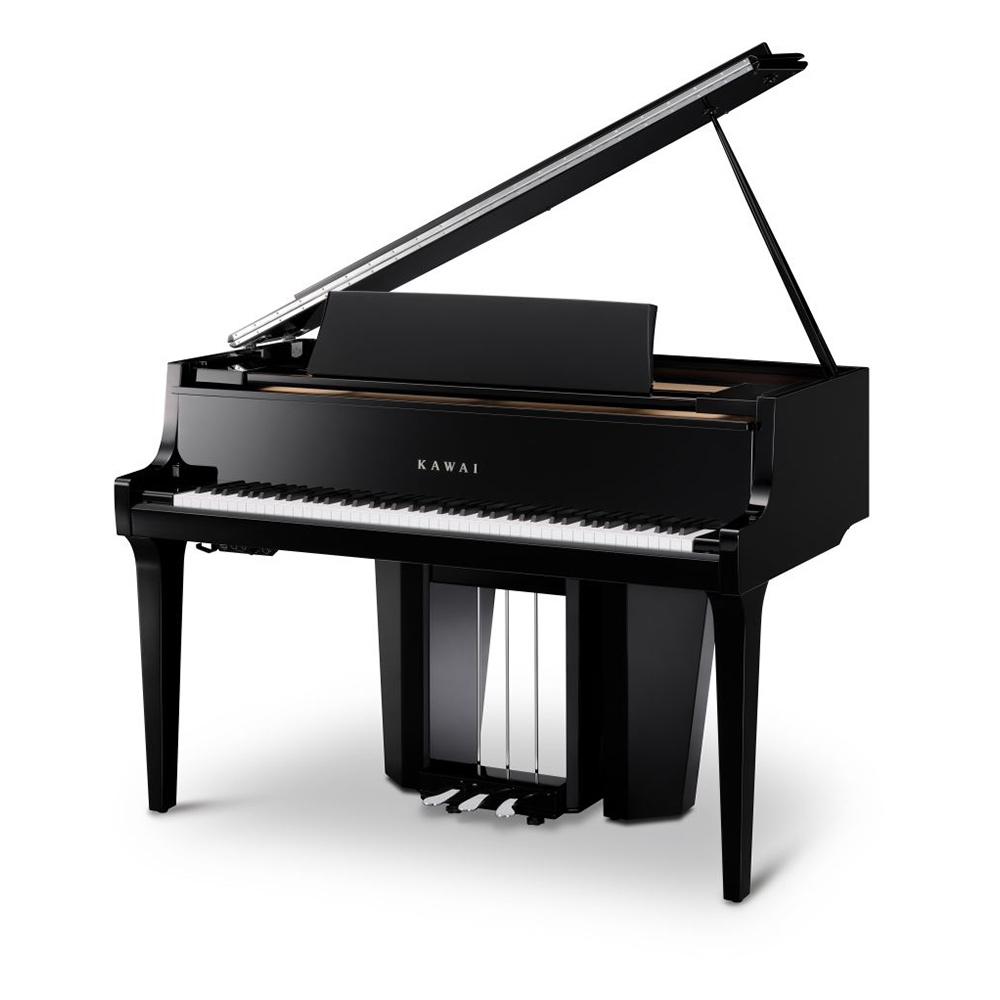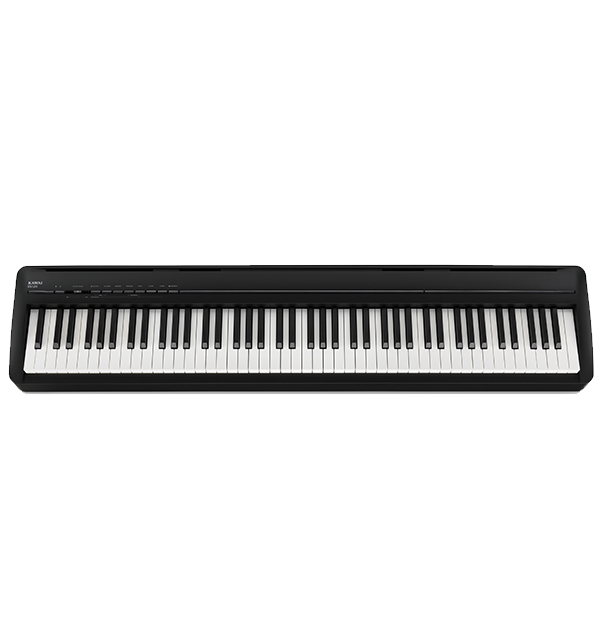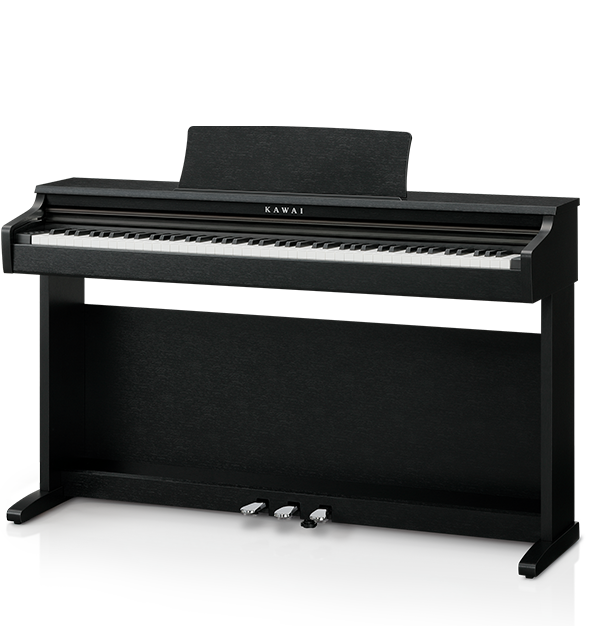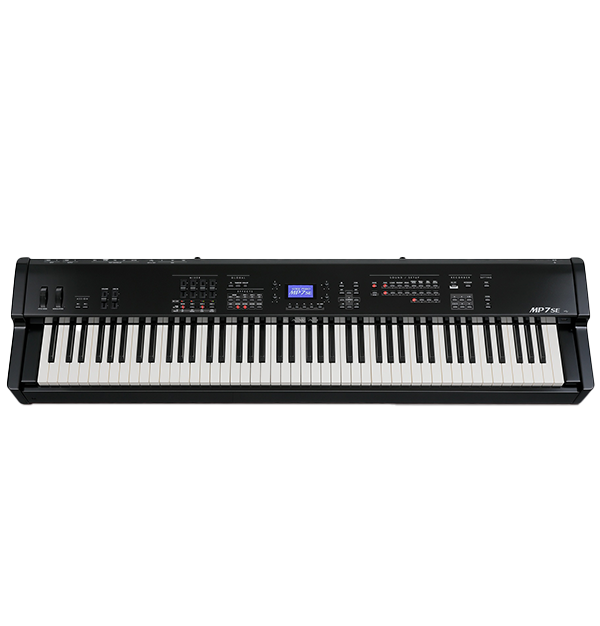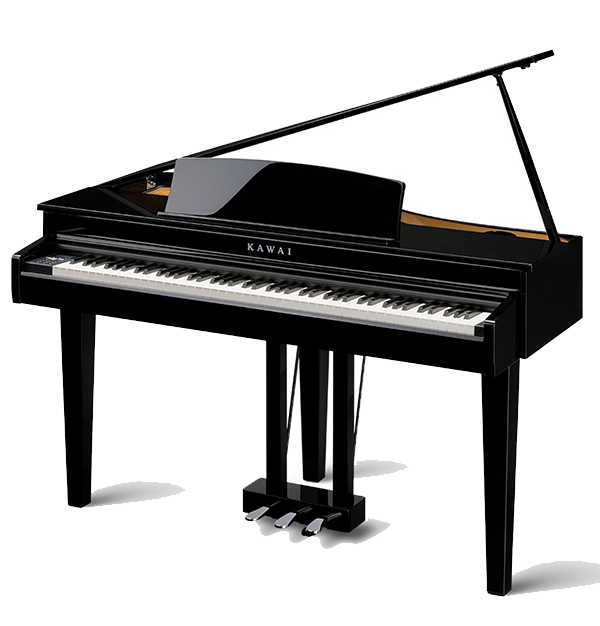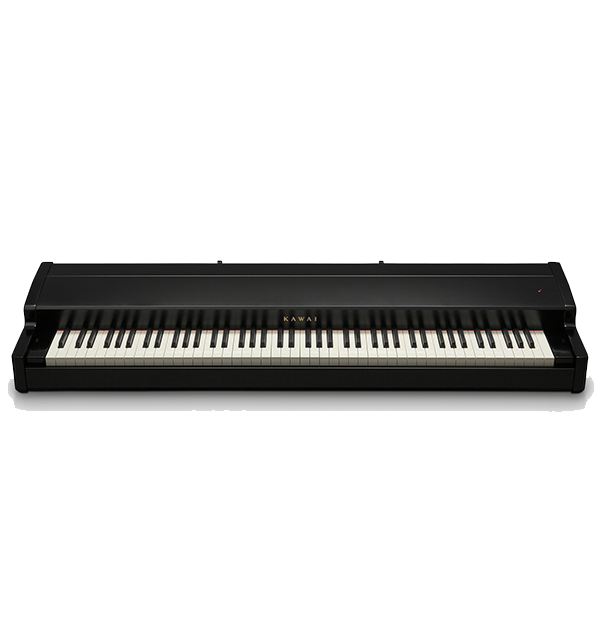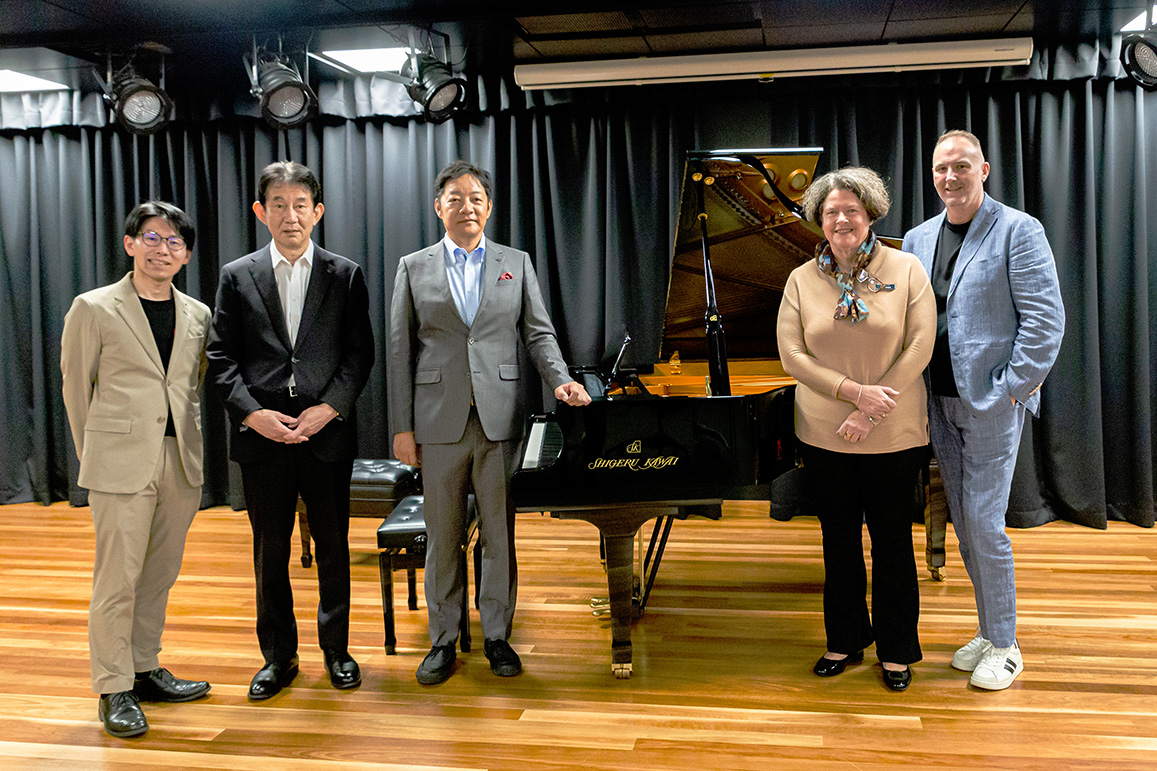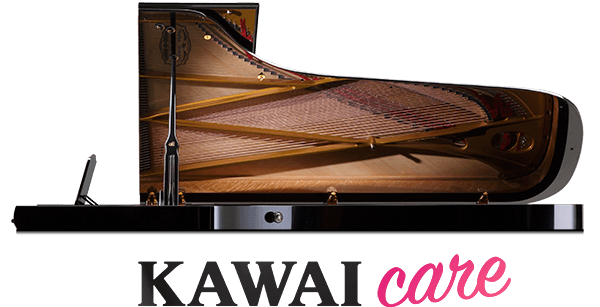When did humans start making music?
In 2009, archaeologists excavating the Hohle Fels cave in south-west Germany uncovered a flute made from a griffon vulture’s wing-bone. This delicate artifact is the oldest known musical instrument ever discovered and tells us that people have been making music for over 40,000 years (before the demise of the Neanderthals and around the time that modern humans arrived in Europe). Despite enduring for at least 40 millennia, though, more than 80% of all research into the benefits of music has been published in only the last 15 years.
Our brain is hard-wired for music in the same way that it is hard-wired for language, and though young, a large body of research now makes clear that few, if any, activities will reliably engage the brain more wholly than learning, making, and evening listening to music.
https://www.nationalgeographic.com/culture/article/bone-flute-is-oldest-instrument–study-says
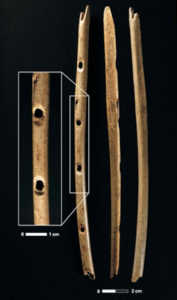
“Musical activity involves nearly every region of the brain that we know about, and nearly every neural subsystem”
– Daniel Levitin, This is Your Brain on Music, p.299.
Neuroscience demonstrates a causal connection between the study of music and cognitive growth. The use of technologies such as fMRI and EEG has given researchers a better understanding of exactly what happens inside the brain when it processes music, and how this activity contributes to learning and executive functioning. Learning to play an instrument like piano leads to changes in a child’s brain that makes it easier to reach their full cognitive and academic potential.
– The Royal Conservatory, March 2014.

This term we take a deep dive into this topic and show 12 reasons schoolchildren should continue making music next year and beyond – and the science to back them up. Note that some links to journal articles will require academic database access.
12 reasons why children should learn a musical instrument
Attention and working memory
Musically trained children perform better at attention and memory recall, have greater activation in brain regions related to attention control and auditory encoding, executive functions known to be associated with improved reading, higher resilience, greater creativity, and a better quality of life.
Frontiers in Neuroscience 2020
Linguistic development
It has been shown that regular music play for 5- to 6-year-old children has a positive effect on the development of children’s vocabulary skills and processing of phonemes.
Reading ability
Children who learned to play the piano exhibited enhanced verbal sequencing and vocabulary ability, compared to children who did not undergo any type of music tuition.
Sage Journal Psychology of Music 2009
Writing and reading skills
A study conducted with over 13,000 high school students showed that those who participated in music training scored higher in English than those who did not.
Performance in science, mathematics, and English
High school students who took music courses scored significantly higher in maths, science, and English exams compared to their non-musical peers, according to this study. The findings suggest that multi-year engagement in music, especially instrumental music, may benefit high school academic achievement.
Attention and focus
Studying music leads to lasting changes in children’s brains, increasing their ability to perform tasks that require prolonged attention, and careful listening and reading skills. Data confirmed a rapid transfer of cognitive benefits in young children after only 20 days of music training.
The Royal Conservatory of Music 2014
Quality of school life
This study found that extended music education has an overall positive effect on the quality of students’ school life, particularly in areas related to general satisfaction about the school and a sense of achievement and opportunity for students.
Self-esteem
This study published found that playing the piano weekly for three years increased the self-esteem of students compared to those that received no music instruction.
Empathy
In this study, children who had six years of either piano or violin training showed more developed traits of empathy than those who had no such training. Self-expression via music was shown to encourage students to take responsibility and to concentrate, and as such to improve an inner self-control.
Perseverance
Children who received training with either individual or group Suzuki violin lessons spent significantly more time on the perseverance task, and showed better scores than the control groups.
Social skills
This study showed that children who received music lessons showed more prosocial behaviours (helping, sharing, and cooperating) than the control group.
Aggression
After 15 weeks of music education, a group of children with highly aggressive behaviour showed a notable reduction in aggression, and an improvement of self-esteem as compared against the control group.
Music can be a profound lifeline for children.
As well as the cognitive benefits it imparts, studying music can be invaluable in helping young people to manage complex and difficult emotions. A notable example, James Rhodes is a British-Spanish concert pianist, author, and the first classical pianist to sign with the Warner Bros. record label. Reflecting on his traumatic childhood in his memoir Instrumental, he attributes his ‘survival’ to music:
What music means to James Rhodes
“Music has, quite literally, saved my life and, I believe, the lives of countless others. It provides company when there is none, understanding where there is confusion, comfort where there is distress, and sheer, unpolluted energy where there is a hollow shell of brokenness and fatigue.
“It inspires you, it grows your imagination, it nourishes you in places that go beneath words and beneath pictures and images… It’s something that kind of polishes your soul.” – James Rhodes.
We now know that learning music leads to lasting changes in children’s brains, enhancing a wide range of important cognitive, social, and other skills. Parents can be more confident than ever that an investment in music lessons will deliver lifelong benefits for their child.
Written by Andrew Rumsey, Head of Education Partnership at Kawai Australia.
What to learn more about our Education Direct Program? Contact Andrew at Education@kawai.com.au
Prepared by Hugh Raine.
